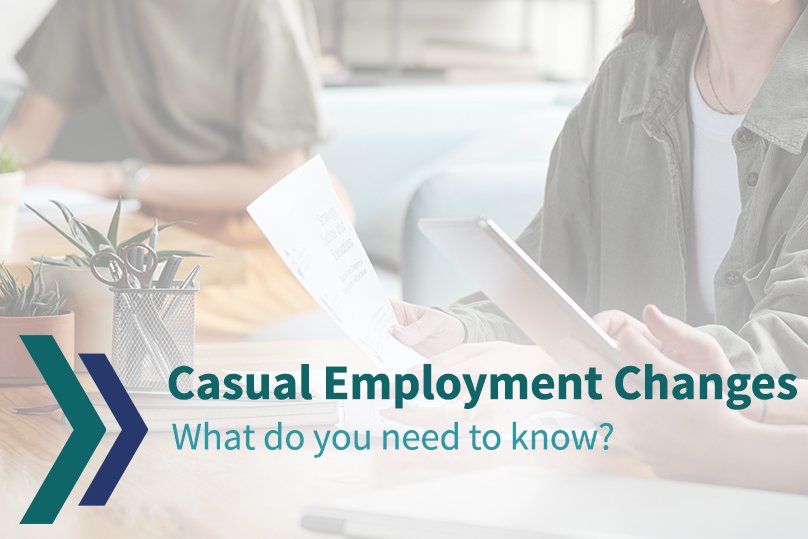
Stay up to date
Changes to Independent Contractor Arrangements
From 26 August 2024, changes to the definition of “employee” will affect how independent contractors are classified. The key change reinstates the multi-factorial test, requiring employers to consider the overall substance of the working relationship, not just the contract terms. This applies to all current and future relationships.
Casual Employment Changes
The landscape of casual employment in Australia has undergone significant changes following the High Court's landmark decision in Workpac Ltd v Rossato & Ors [2021] HCA 23. The recently enacted Closing Loopholes No 2 Act, introduces a legislative definition of casual employment effective from late August. Employers are advised to reassess their casual workforce within the six-month transition period to ensure compliance.
December 6 deadline for contract changes
Fixed term contracts (including maximum term and temporary contracts), entered into on or after 6 December 2023, are limited to a maximum period of two years and/or one renewal, including previous periods of employment, unless limited exceptions apply.
Flexible working requests - reasonable business grounds objection
When considering flexible work requests employers should consider key factors and ensure that they are complying with relevant laws and regulations. By considering these factors, employers can evaluate flexible work requests and make informed decisions that benefit both the employee and the organisation.
Employment Contracts – 5 costly mistakes to avoid
Many employers fail to implement best practice when drafting and managing employment contracts. This can lead to costly mistakes. In this article, we look at 5 mistakes to look out for and how you can avoid them.
Check out our resources

Contact us today
We look forward to helping you and your workplace. Get in touch today.






